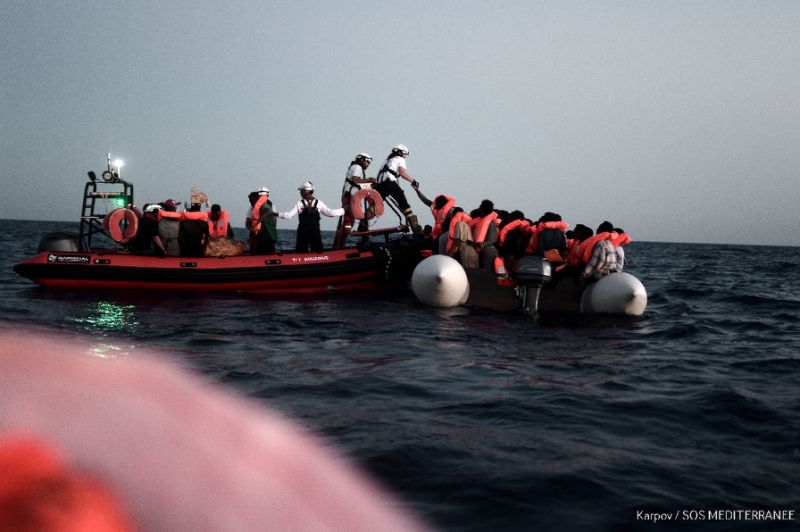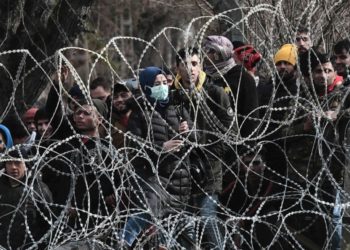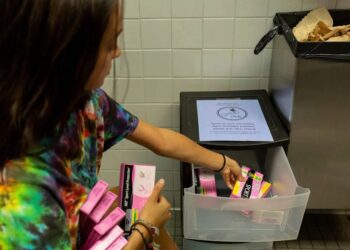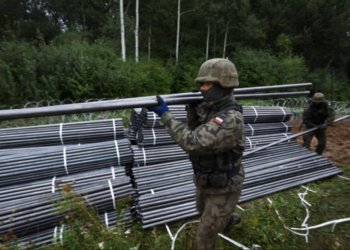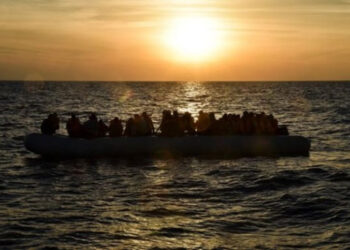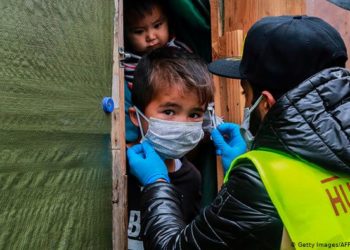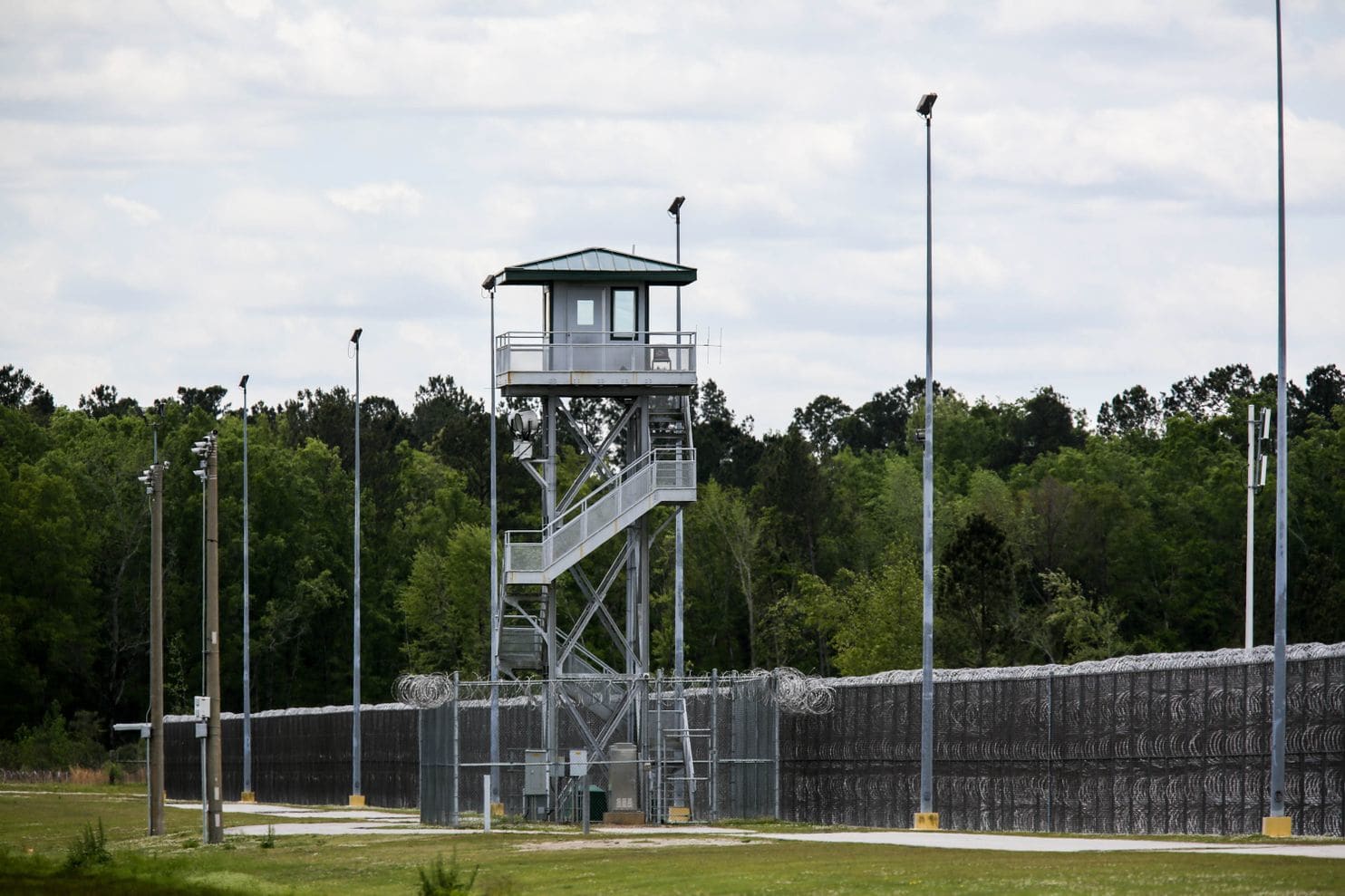Madrid estimates that 10,000 minor migrants are on Spanish soil alone without their parents and has unblocked 40 million euros ($46.5 million) for regions willing to welcome them, the Health Ministry said on Wednesday.
The new Socialist government, in power for three months, has taken this “exceptional initiative” faced with a “rise in the number of arrivals over the past few months,” it said in a statement.
On Wednesday morning, 49 apparent minors from north Africa arrived on a beach in the southern city of Tarifa on board rickety boats, the central government’s representative office in the Andalusia region told AFP.
The government has set aside “a budget of 40 million euros (to be distributed) among regions to welcome unaccompanied foreign minors,” the ministry said.
Health Minister Carmen Monton said there were currently 10,000 such minors in Spain.
First memories of #unaccompanied #minors in #Spain #mena #menas #menores #migrants. Situation after no investment after 20 years of #child protection pic.twitter.com/yPHJSSscjx
— José Carlos Cabrera Medina (@cabreramedina1) September 4, 2018
In April, Spain’s previous conservative government had counted just over 6,200 unaccompanied minor migrants, compared to 4,000 in 2016. Many of these children and teenagers come from Morocco.
They are put under the protection of the regions or cities where they arrive, mainly the southern region of Andalusia and the overseas territories of Ceuta and Melilla in northern Morocco.
The government wants to incentivize other regions to take charge of some of them.
By law, minors cannot be sent back to their country. When they reach 18, they are entitled to Spanish nationality if they have been in a center for at least two years.
But there has been criticism of the way Spain welcomes unaccompanied foreign minors, particularly in Melilla where many sleep in the streets or in caves waiting to smuggle themselves onto a boat to mainland Europe.
In Ceuta, local government spokesman Jacob Hachuel recently said the minors should be returned to Morocco, saying “they are better off in their family entourage.”


